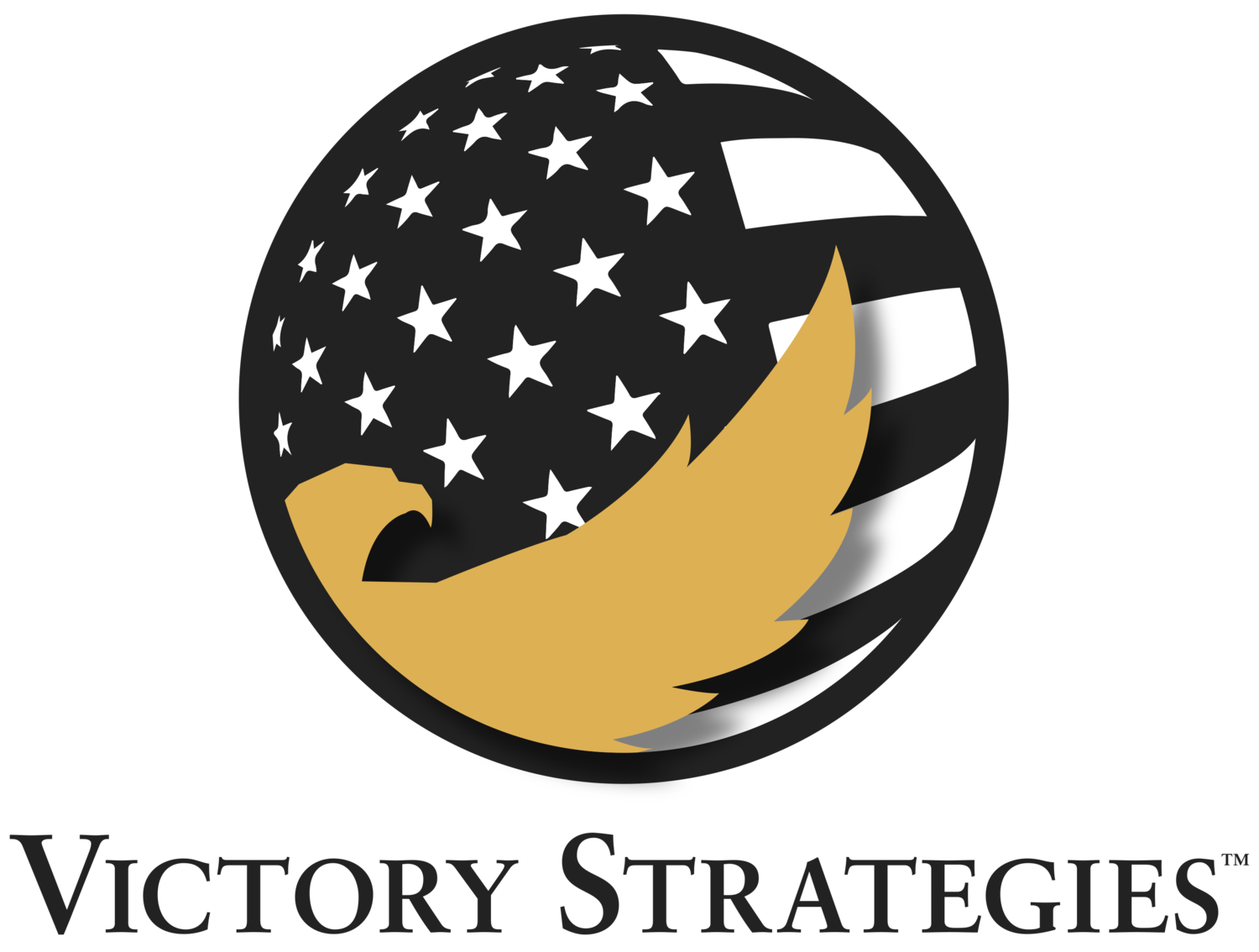About a decade ago, I was out on my Saturday training ride with the team I race bicycles. I was breathing as hard as I could ever remember. Sweat stings my eyes, and my heart is about to come out of my chest. I have been training to hang with this group for almost two years. I am the fittest I have ever been on my bicycle. And now I am getting ready to get dropped by a group of cyclists that are stronger and more experienced than me—my ego reels as I feel unworthy of hanging with this group of athletes.
My vision is beginning to narrow, and the wheels in front of me are pulling away. I relent. I keep my effort constant and decide to "time-trial" my way to the finish line, and the wheels continue to pull away. I feel defeated, depleted, and my confidence challenged.
After I take the 5 seconds to beat myself up about my defeat, I look up to see the group not pulling away any longer. They are hovering about 25-40 yards ahead of me. Why aren't they still flying up the road? And then it hits me. They were all suffering too. They pushed the envelop and are now relenting in their effort to regain some of their energy too.
I realized that if I had pushed for 10-15 seconds longer, I would still be in the group enjoying the 20-30% energy benefit of being in their "draft."
I am not giving you a lesson in cycling; it is a lesson in what I call "Performance Envy." The same emotional phenomenon haunts many of us in our daily lives, especially in the workplace. But how do we use Performance Envy to improve?
"Comparison is the thief of joy" – Theodore Roosevelt. Roosevelt wrote these words to his friend William Sturgis Bigelow on March 29, 1898.
Many of you have undoubtedly heard this quote and have reflected on the accuracy of its intended contemplation. The problem is that comparison is part of our DNA. We use comparison in nearly every choice and decision that we face daily. When I got dropped in the story above, I immediately went into a negative spiral. I am unworthy, not fit enough, strong enough, etc.
Psychologist Leon Festinger believed that we engage in this comparison process to establish a benchmark by which we can make accurate evaluations of ourselves. His theory was established in 1954 and is called Social Comparison.
When we compare ourselves against others, it can lead to feeling inferior, lower our self-esteem, and even cause periods of depression. Since we are wired to compare and weigh these factors in our choice model, how can we use what we know to make this part of our growth mindset instead of a limiting belief?
When I caught back up with the group during the cool down and heard the riders discussing their suffering during the workout, I understood how I might be able to use their suffering and experience to change my mindset.
One constant in life is that there will always be someone better, smarter, works harder, etc. Let's pivot from the cycling example to the workplace. How can you use Performance Envy (comparison) to better yourself compared with a top performer at work?
Step one. Gather objective analysis. What are the direct differentiators? Are they more experienced than you? Do they have specific skills that benefits them? [Observe / Reflect / Prioritize]
Step two. Recognize your similarities and your gaps. The similarities will help you become aligned, and learning where and how to address the gaps will increase your confidence and build your game plan. Reinvest in your Purpose]
Step three. Ask the top performer how they prepared and arrived at the capability they are striving with currently. If it is a good fit, ask them to mentor you directly. [Mentorship]
Step four. Change your mindset. You have started putting in the work to improve by taking these steps. Now, focus on the growth opportunity for you and your organization. [Self Talk]
Step five. Training and implementation are critical to your growth's success and long-term impact. While improving yourself, see who else may want to come along for the growth experience. The old saying that misery loves company goes that same when taking on self-improvement. Bring others along your journey because a rising tide lifts all boats. [Embrace Discomfort / Execute / Evaluate / Adjust]
Rinse and repeat as often as you can. After a few iterations, I promise that you will find joy in the process and that in and of itself is well worth the effort of seeking growth in your performance.
Lasting change happens incrementally. Delayed gratification leads to satisfaction and stability of performance. All of this will also have an added impact on those around you; they will see you as a vulnerable leader who has a growth mindset and shows the way for lasting improvement.
Teddy Roosevelt wasn't incorrect with his assertion, but that doesn't mean we cannot flip the script. Instead of letting comparison be the thief of joy, let comparison be the driver that leads to your growth, and that will undoubtably lead to a rising tide where your happiness will have a much more significant impact on all.
So the next time you are observing the superior performance of one of your peers, use it. Let Performance Envy be the fuel for you to make positive changes in your own goals and performance.
Authored By: Bob Newman, CEO
